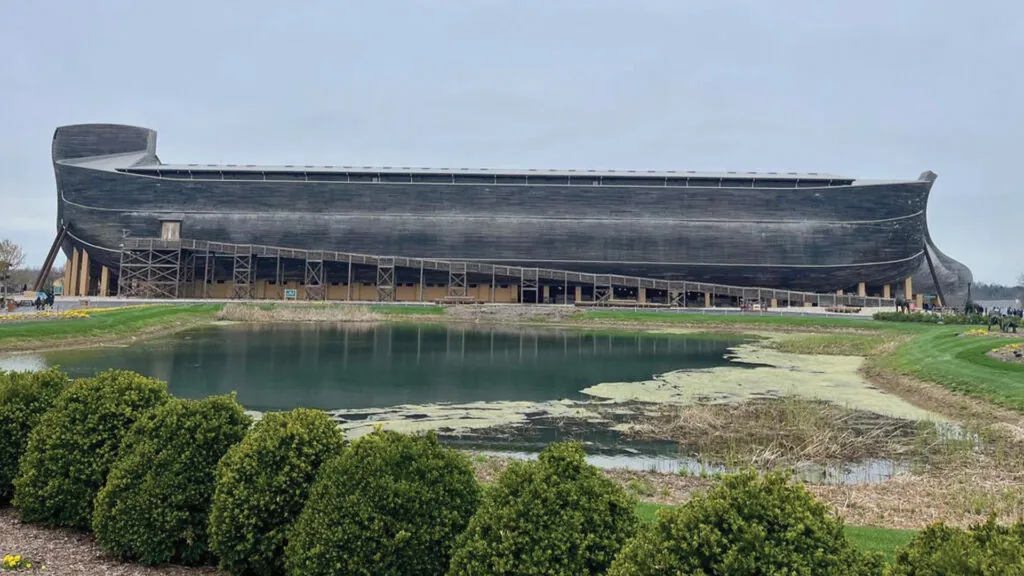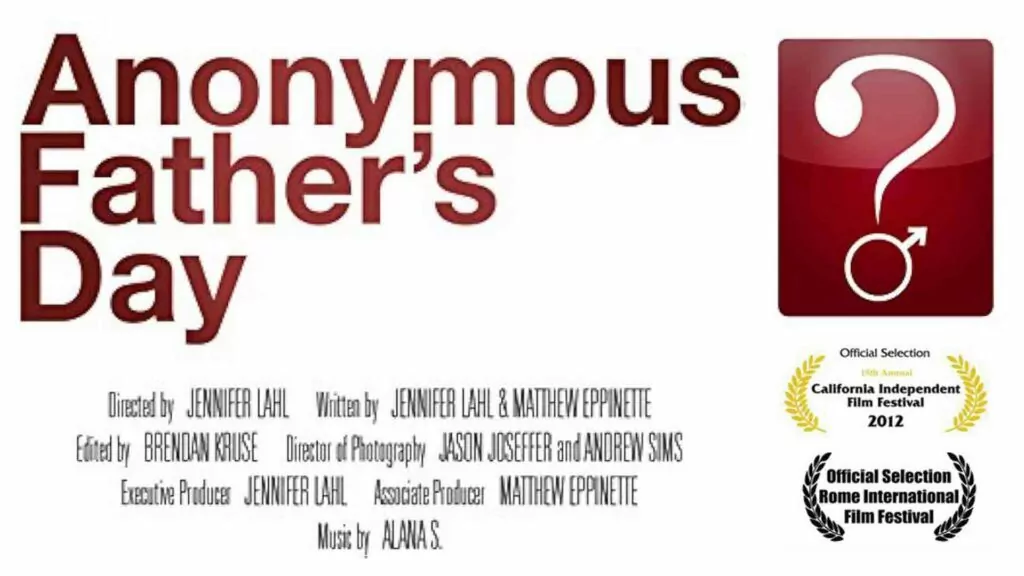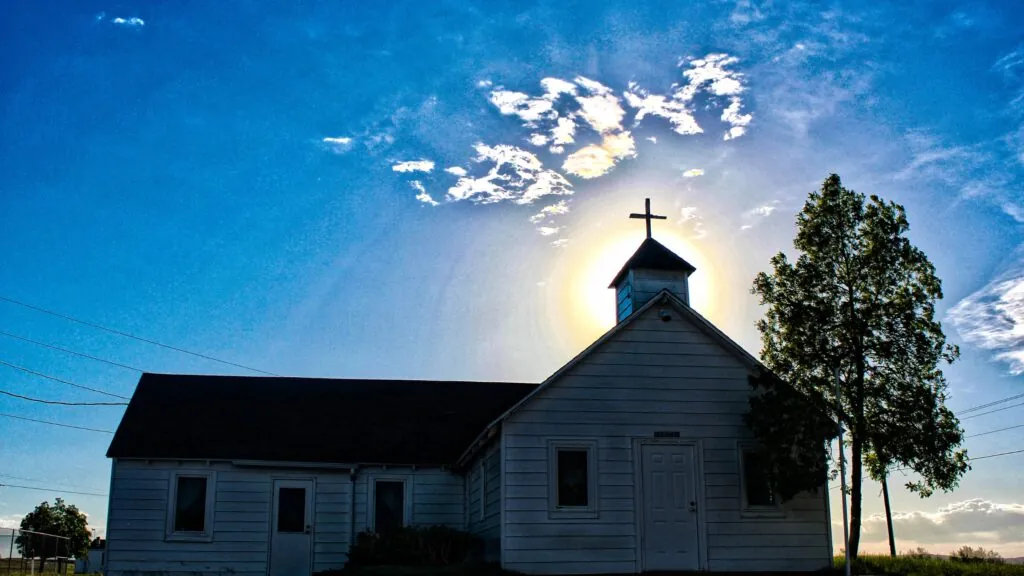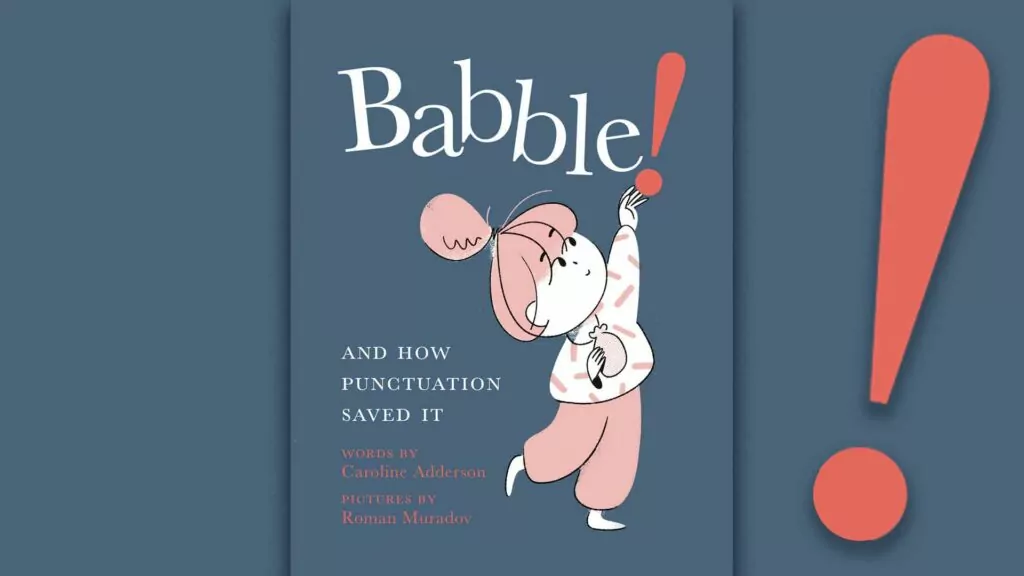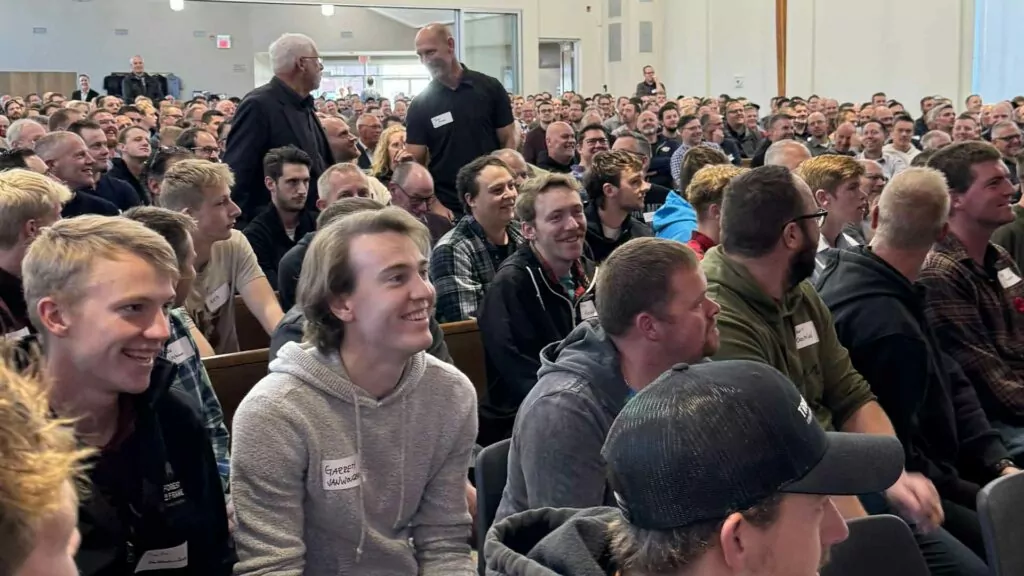
Assorted
Am I lazy or just relaxing?
What does Proverbs say?
*****
After a long and hard day at work or school, the last thing someone might want to do is more work. So, some don’t. Instead, maybe we’ll sit around on our phone, scrolling social media, catching up on the latest news. Then, when the weekend rolls around, doing house chores can be the last thing on our minds. So, some don’t. Instead, we’ve sat on the couch and binge-watched our favorite TV series to waste the day away. Taking a break isn’t a problem, but how much is too much? Relaxation can be good, but laziness isn’t.
What exactly does the Bible say about laziness and how can we fight against it? And how do we determine whether we are being lazy or just relaxing?
Laziness means excuses
While the dictionary defines laziness as “the unwillingness to work or use energy,” the Bible has a more applicable explanation. Solomon, in Proverbs 26:13-15, pictures it in this way:
13 A sluggard says, “There’s a lion in the road,
a fierce lion roaming the streets!”
14 As a door turns on its hinges,
so a sluggard turns on his bed.
15 A sluggard buries his hand in the dish;
he is too lazy to bring it back to his mouth.
In Warning Against Laziness, Alistair Begg says of verse 14:
“He can turn to his left, or he can turn to his right, but that’s about it. He absolutely loves it. He makes movement but no progress. Where you found him at seven in the morning you can find him later at eleven in the morning, and perhaps at three in the afternoon.”
And what of the lion? The sluggard is happy making excuses for reasons not to leave his house. He becomes a procrastinator. As Begg notes:
“And the longer they go on filling their mind with that kind of thing, they have imaginary reasons for their inactivity, and these imaginary reasons finally convince them of the fact that they can rationalize the fact that they don’t get up. Of course, the real danger is not the imaginary lion in the street. The real danger is the roaring lion, the devil, who loves to come and lull people into indolence and defeat.”
The more excuses we come up with for avoiding tasks, the more we begin to think it isn’t a problem.
A strong temptation
 Throughout the book of Proverbs laziness arises repeatedly. If God repeats a warning, we know that it matters for our spiritual lives and that it’s a tough temptation to overcome.
Throughout the book of Proverbs laziness arises repeatedly. If God repeats a warning, we know that it matters for our spiritual lives and that it’s a tough temptation to overcome.
Proverbs 24:30-34 gives us an image of how detrimental laziness is for our souls. We are given a description of the vineyard of a sluggard and as expected, it is overgrown with weeds, full of thorns, and the walls are in ruins. It is a testimony to his laziness. When challenged with the work and upkeep of his vineyard, this is someone who’d prefer “a little more sleep, a little more slumber.” He or she would rather have 5 more minutes of sleep than do the tasks God has asked of them.
Laziness affects more than just vineyards. A few chapters earlier, in Prov. 21:25, we read that “The cravings of the sluggard will be the death of him because his hands refuse to work.” Laziness keeps the heart empty and provides opportunity for the devil to enter an open door. Laziness occurs when we do nothing productive for the soul and the mind.
The truth of the matter is that we were made to work. Even in the Garden of Eden, Adam was given work to do, to tend the garden and name the animals (Gen. 2:15-20). We work to glorify God, and God has so created us that when we live out our purpose, it is good for us to work too.
When we fail to obey the command to work hard, we are more susceptible to other temptations as well. We need to be working hard, whether that is in the home caring for our children, providing an income for our family, or doing our best in school so that we aren’t easily tempted.
We need to be aware of laziness as a sin. It isn’t a joke because sin, left unchecked, separates us from God. It effects the wholeness of our lives, and it needs to be dealt with.
Those hours spent on Instagram or Tik Tok are times that you could be enjoying communion with others, doing the tasks God’s set out for you, spending time with Him in His Word, and more. The point is that if you don’t discipline yourself to be diligent in your work, studies, in practicing hospitality, and in the reading of the Bible, as well as prayer, you will become lazy. Laziness is the default; it’s the result of not trying.
Remember the Parable of the Talents, with the servant who buried his talent – the master took it from him and gave the talent away to someone who would actually do something with it (Matt. 25:14-30). God is not happy with the bare minimum from us.
We need to make the most of every opportunity lest laziness hinder us from serving God wholeheartedly.
Fight laziness with productivity
What can we do to assure ourselves to not fall into this temptation? We can ask ourselves one simple question: Have I been productive today?
If you can list off a number of things, then a break might be just the thing. If you ask this same question to your parents, or your spouse – “Have I done anything productive today?” – you’ll likely get an honest answer. Another good starting question could be “what does productivity look like in your home?” Learn from others what it means to be productive. Each individual has their own happy medium so there is nothing wrong with asking around.
And if you are struggling with laziness here are some other tips that have helped me:
1) Pray – Ask God to show you when you aren’t putting in a good effort
2) Read what Scripture says about laziness and work
3) Listen to (or read) Alistair Begg’s “Warning Against Laziness”
4) Go for a walk when you can – keep yourself in shape
5) Call a friend whom you haven’t talked to in a while – put effort into your relationships
Fight laziness by resting
On the other hand, burning out isn’t godly either. Just because God calls us to work hard doesn’t mean we should work to a point of pure exhaustion at the end of the day. How can we ever thank Him if we’re too busy to see what He is doing?
Jesus reminds us to rest, “And He said unto them, ‘come away by yourself to a desolate place and rest awhile’” (Mark 6:31). He says rest awhile. He tells his apostles that even the most active servants of Christ cannot always be upon the stretch of business and work. They too need some time to recharge.
Christ understands how weary our lives are. He went through it every day during His ministry. We can turn to Him knowing He’s experienced exhaustion too. So He provides those free afternoons or evenings when there’s no homework taking over. He gives us the weekend for a change of pace from our daily work, and to go out with friends. He has even set aside a day every week where we can step away from our obligations and come praise Him in His house with fellow believers.
We have an obligation to serve Him wholeheartedly and always, but this doesn’t mean working 6 days a week for every waking hour. It’s just that having a break doesn’t have to mean pulling out your phone to doomscroll. It might be as simple as taking a moment to consider every blessing that God has given, and express gratitude for them. It means being present with your family, teaching them the ways of their Maker and training them up in His word.
When you feel deflated, read Psalm 23. God leads us to the still waters, not the raging sea. He restores our souls and gives us quietness of mind.
How do I know it’s rest?
The difference between rest and laziness might come down to its purpose. Laziness is an avoidance – avoiding the laundry piling up, the lawn that needs mowing, the taxes that need doing, the kids that need engagement, whatever it might be. Rest is about restoration, to make yourself ready again to do the work God has prepared for you.
Rest will feel good, it will be enjoyable, and it’s God-given. When I find myself being lazy, I notice that it stinks. I feel sluggish. A sluggard man does not enjoy being lazy. In contrast, a busy man enjoys a day of rest. He is satisfied because he has completed the task to which God called him.
Keep this in mind as you go about each day. Serve the Lord wholeheartedly with your hands and with your rest. We must be good stewards with the time we’ve been given glorifying God in our work.
Laziness is serious; it is incredibly dangerous – the Bible has nothing good to say about the fate of the sluggard. So, when that snooze button is tempting you, think through who God is calling you to be, and how much more important obedience to Him is, than 5 more minutes of sleep. And because we aren’t alone in this race, we can be an encouragement to one another, reprimanding each other gently to stop putting off things until tomorrow. The difference between laziness and rest matters!
God has saved us. He sent his Son to die for us, and we have only a limited time here on Earth to express our gratitude towards Him. So let’s repent from the opportunities we’ve wasted, and ask Him to help us take up “the good works which God prepared in advance for us to do” (Eph. 2:10).

News
Saturday Selections – June 28, 2025
The Franz Family and "Somewhere in glory"
If you liked the soundtrack to O Brother, Where Art Thou?, you'll love this but of bluegrass gospel...
Tim Challies with 4 good questions to ask your tech
- Why were you created?
- What is the problem to which you are the solution, and whose problem is it?
- What new problem will you bring?
- What are you doing to my heart?
Canada's Tax Freedom Day was June 21
June 21 was, according to the Fraser Institute, the day when – averaged across the country – Canadians stopped working for the government, and the money they earn for the rest of the year is the money they get to keep for their own households.
7 great questions to ask fellow believers
Want to get a deeper conversation started? Some of these could be great to pull out when you have a few couples over, or a group of friends.
How to get people to be friends with machines in 3 easy steps
The author of Digital Liturgies warns how AI "friendships" could be addictive in a way that's even beyond pornography.
Government-mandated small business destruction
With a stroke of a pen a government can destroy a business that the owner might have spent a lifetime building up. The destructive potential for government interference in the marketplace might have you thinking those in power would tread very lightly, using their fearsome powers only when they had to. But, as this latest incident highlights, that isn't always so.
A Quebec language law, if enforced, could cause all sorts of problems for board game stores in that province, since their niche games might not have any French on them at all, or not enough.
Today's Devotional

June 30 - Jesus, our best shepherd
“Now may the God of peace who brought up our Lord Jesus from the dead, that great Shepherd of the sheep, through the blood of the everlasting covenant, make you complete in every good work to do His will, working in you what is pleasing in His sight, through Jesus Christ, to whom be glory forever and ever.” - Hebrews 13:20
Scripture reading: Hebrews 13:20-25
Today's Manna Podcast

Blessed are the Persecuted: Sermon on the Mount
Serving #889 of Manna, prepared by G.H. VanPopta, is called "Blessed are the Persecuted" (Sermon on the Mount) and is based on Matthew 5:10-12.











